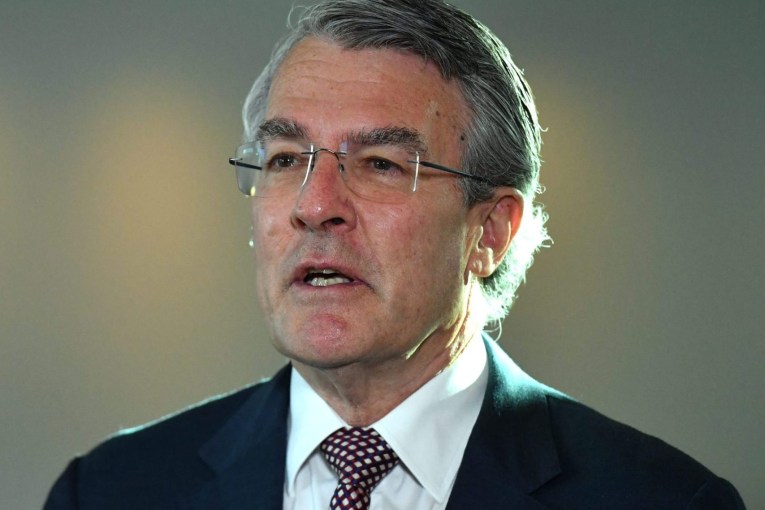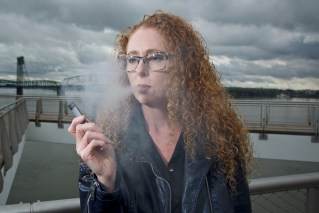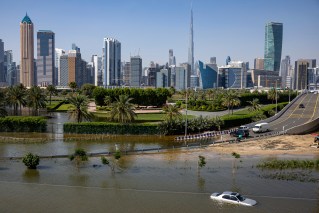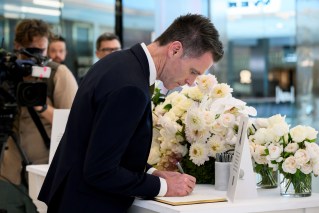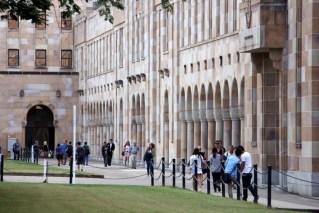Queensland already counting the cost of climate change
Queensland communities were already being forced to not only accept climate change but adapt to it and deal with issues like running out of water or if it was already too hot to stay, according to research by Griffith University.

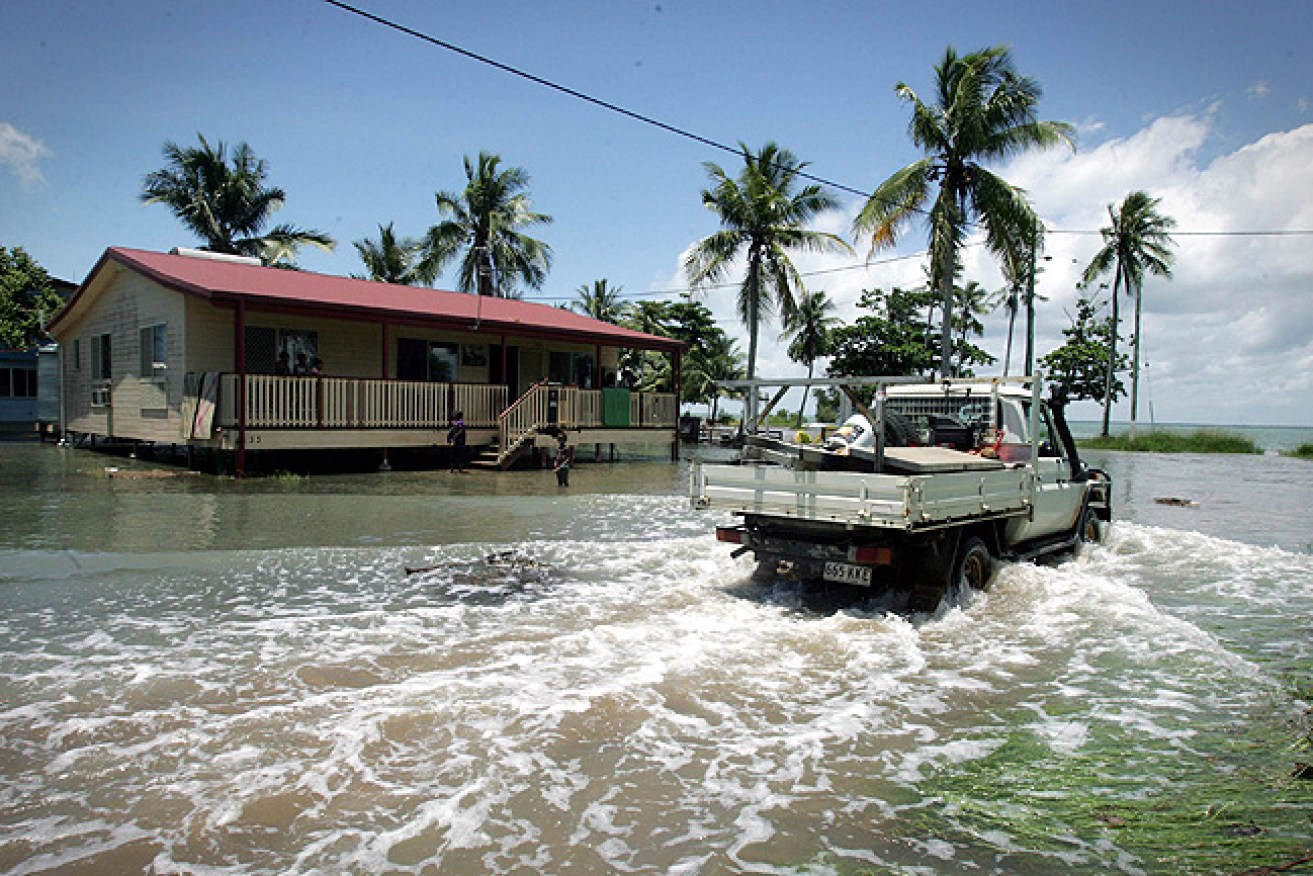
Rising sea levels are threatening the Torres Strait communities
Following a “deep listening tour’’ the university is now running a series of community conversations this week at the State Library and online called Difficult Conversations.
The series is about the everyday consequences of climate change: about where people should live, what things like insurance will cost, whether protests were valid and what towns will survive.
The university’s Professor Susan Harris Rimmer, who will moderate the conversations, said after the listening tour she was shocked by what was happening in the Torres Strait with rising sea levels.
“People are facing much more terrible consequences right now. These people are Queenslanders and we have let them down,’’ Harris Rimmer said.
“There were places that are under threat. People probably are going to have to leave the Torres Strait. That’s an immediate concern.’’
She said there should be laws that meant people were made aware of the climate change impacts of moving to or living in a particular area and that was not just about the regions.
“Big parts of Brisbane are in a fair amount of trouble _ Boondall and Bribie, a whole range of places and large parts of the Gold Coast.
“Victorians are moving to Noosa. Are they really thinking that through from a climate perspective? People are making decisions and they should be alerted by law to the risk.
“We want a system where people don’t have to be climate experts to make good decisions. Like flood insurance in Brisbane – you can’t buy property in Rocklea without someone letting you know that insurance is going to be through the roof because it’s a flood zone.
“We need a system like that so people can make the best informed decisions (because) people are going to buy property they can’t leave to their children and I find that heartbreaking.
“It’s pretty clear we are already in the adaptation phase and it is something we have got to start talking about,’’ she said.
Although climate change was a hotly contested area of debate, she said that was only about the politics of it and that people in regional and remote Queensland were ready to talk about it.
She said in Winton people talked about whether it was getting too hot on some summer days. In Mt Isa they talked about whether it was too hot to go down the mine.
“And people in Cairns were saying they didn’t think they could play community sport anymore in summer,’’ Harris Rimmer said.
“My big insight is that these are already problems and they are just going to get worse.
“I had no idea that the Cairns hospital was at risk of storm surges or that its rainforest could burn in certain circumstances.’’
She said Queensland had shown strong leadership during Covid and that needed to be transferred to climate change.
“It’s about keeping the community safe, keeping the community together, protecting the vulnerable, it’s exactly the same (as Covid),’’ she said
